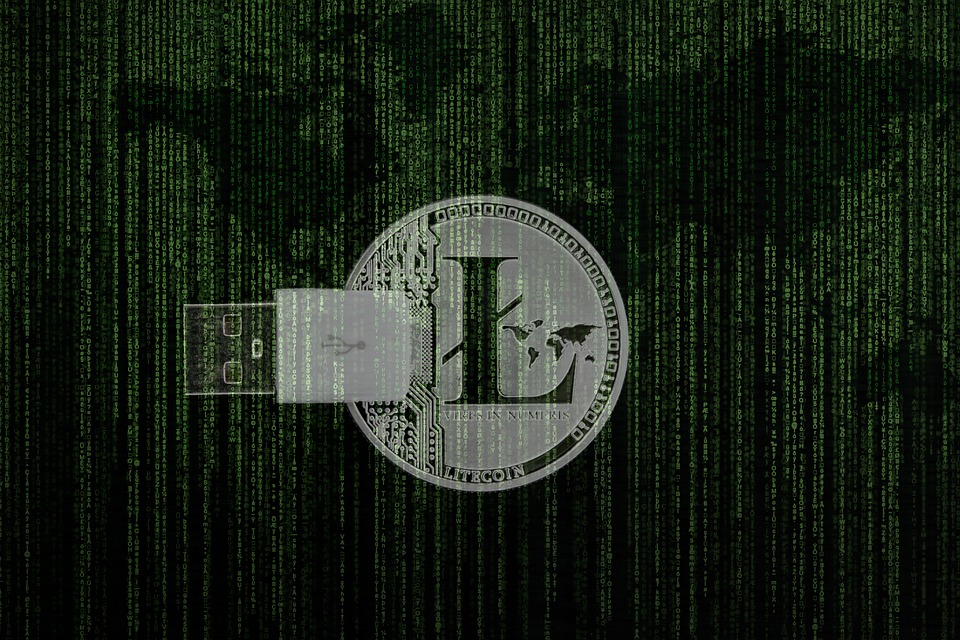Crypto Innovations: How Smart Contracts are Reshaping Business Processes
In the landscape of technological advancements, few innovations have captured the public’s imagination quite like blockchain technology and its most prominent features—cryptocurrencies and smart contracts. Smart contracts, in particular, are reshaping business processes across various sectors by automating transactions, enhancing security, and reducing costs. As organizations increasingly explore decentralized systems, the role of smart contracts is becoming ever more central to operational efficiency and trust.
What Are Smart Contracts?
Smart contracts are self-executing contracts with the terms of the agreement directly written into code. These contracts run on blockchain technology, which allows them to operate in a decentralized and immutable environment. Once deployed, smart contracts automatically enforce and execute the terms of the agreement when predetermined conditions are met. This means that parties can engage in transactions and agreements without relying on intermediaries, thus minimizing the potential for disputes and fraud.
The Business Process Revolution
-
Automation and Efficiency: One of the main advantages of smart contracts is their ability to automate complex processes. Companies can streamline workflows by setting predefined rules that trigger automatic actions, such as releasing payments or updating records. This reduces the need for manual oversight, minimizes human error, and accelerates transaction times. For instance, in supply chain management, smart contracts can automatically release payments to suppliers once goods are delivered, ensuring a smoother and faster process.
-
Enhanced Transparency and Trust: The transparency offered by smart contracts is revolutionary. With every transaction recorded on the blockchain, all parties involved can easily verify the terms and the execution of the contract. This openness fosters trust among stakeholders, as the risk of misunderstandings or fraudulent activities is significantly reduced. In industries like real estate, where trust is paramount, smart contracts can provide assurance to buyers and sellers alike by automating the transfer of ownership and ensuring compliance with regulatory requirements.
-
Cost Reduction: By eliminating intermediaries—such as lawyers, banks, and notaries—smart contracts can lead to significant cost savings for businesses. The reduction in administrative overhead and transaction fees can make a substantial difference, particularly for small and medium-sized enterprises (SMEs) that may struggle to bear these costs. Moreover, the speed of execution provided by smart contracts can also contribute to reduced cash flow cycles, enhancing financial liquidity for businesses.
-
Customization and Flexibility: Smart contracts can be tailored to fit the specific needs of a business or industry sector. This customization allows for varied applications across diverse markets, from insurance and healthcare to gaming and entertainment. For example, in the insurance sector, smart contracts can automate claims processing, ensuring that payouts are made quickly and only when specific conditions are met, thereby reducing processing times and increasing customer satisfaction.
- Security and Immutability: Built on blockchain, smart contracts inherit the security features of this technology. Once a smart contract is deployed, its terms cannot be altered or tampered with, providing an added layer of protection for all parties involved. The cryptographic nature of blockchain helps to secure sensitive information, making it resilient against hacking and fraud.
Real-World Applications
Several organizations have already begun to harness the power of smart contracts, showcasing their transformative potential:
-
Supply Chain Management: Companies like IBM and Walmart are leveraging smart contracts to enhance traceability and accountability in their supply chains. By integrating smart contracts, they can monitor product conditions throughout the supply chain and trigger actions like payments or product recalls automatically based on agreed-upon conditions.
-
Real Estate Transactions: Platforms like Propy are revolutionizing real estate by facilitating property sales using smart contracts. Buyers and sellers can complete transactions without the need for traditional paperwork or intermediaries, drastically reducing closing times.
- Financial Services: DeFi (Decentralized Finance) platforms like Aave and Compound utilize smart contracts to automate lending and borrowing processes, providing users with more liquidity and better interest rates compared to traditional financial systems.
The Road Ahead
Despite the many advantages, the widespread adoption of smart contracts is not without challenges. Issues such as regulatory compliance, standardization, and scalability need to be addressed for organizations to fully realize the potential of smart contracts. Additionally, the technical know-how required to develop and maintain smart contracts can pose a barrier for some businesses.
However, as the technology matures and more organizations recognize the benefits of integrating smart contracts, we can expect to see a profound transformation in how businesses operate. From automating processes to enhancing transparency and security, smart contracts are paving the way for a more efficient, trust-based economy.
Conclusion
As we stand on the threshold of a new era in business practices, smart contracts are emerging as a key driver of innovation. By leveraging their capabilities, organizations can not only cut costs and streamline operations but also build stronger relationships with partners and customers. The future of business processes is poised to be more automated, transparent, and secure—thanks to the revolutionary potential of smart contracts in the blockchain space.




